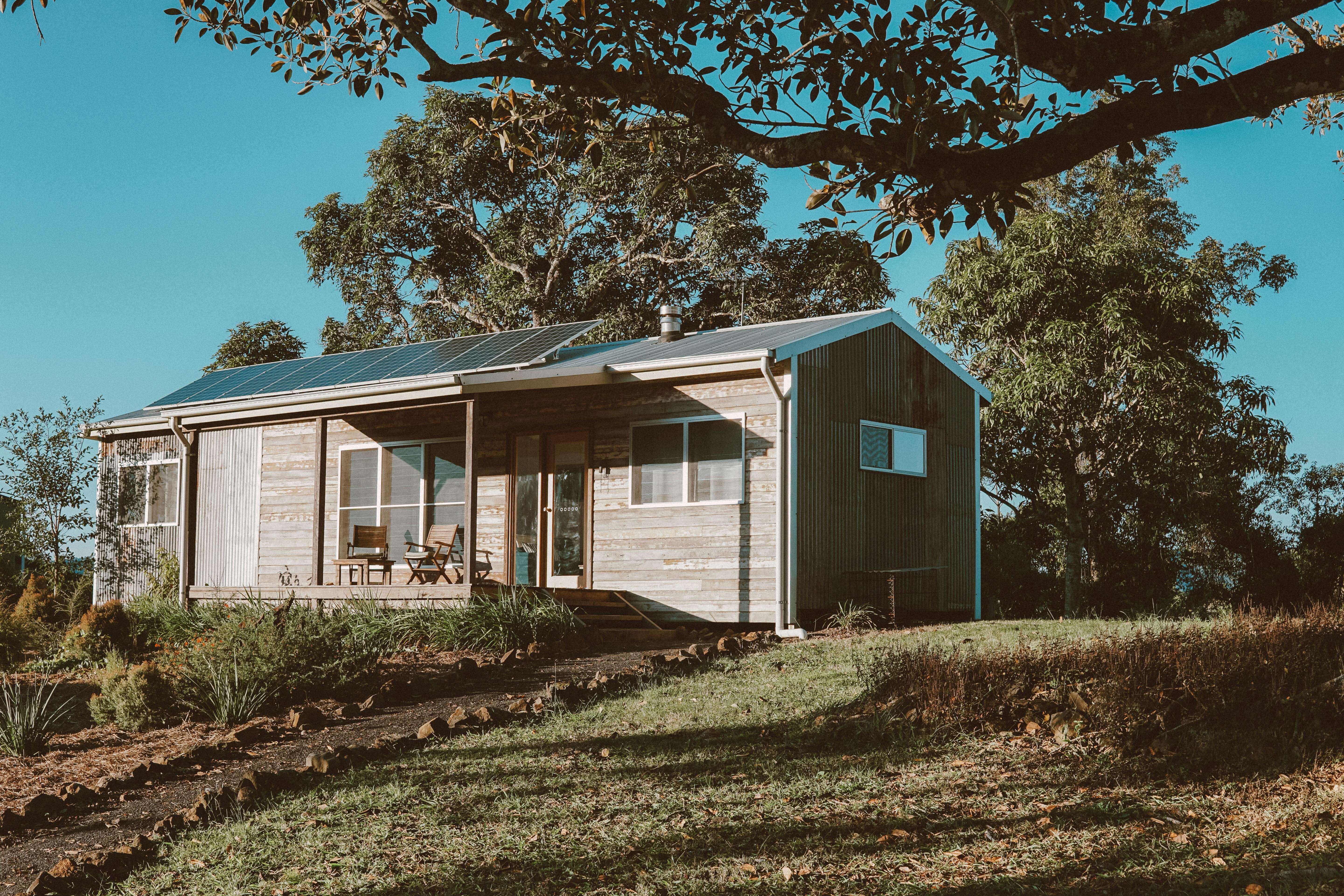Texas Tiny House Zoning Laws Overview
Texas handles tiny housing differently from ADU‑forward states. There is no statewide ADU mandate, and most counties lack general zoning authority under Local Government Code Chapter 231. As a result, land‑use decisions are primarily made by cities (and sometimes within their ETJs), while counties regulate specific development items in unincorporated areas—floodplain, drainage, subdivision, on‑site sewage (OSSF), and access permits. For permanent tiny homes on foundations, the TDLR Industrialized Housing & Buildings program establishes statewide codes for modular units, and local jurisdictions adopt and enforce building codes. For tiny houses on wheels (THOWs), the Transportation Code treats them as trailers/vehicles; unless a local ordinance explicitly allows movable tiny homes as dwellings, they’re typically limited to licensed parks or temporary use. The practical path: confirm jurisdiction (city vs. county), check any ADU allowance, and work with the county’s development office on utility and safety requirements before you buy, build, or tow.
Texas does not mandate ADUs statewide; counties rarely zone land use. THOWs are typically treated as trailers unless a local ordinance allows them as dwellings.
Understanding the zoning laws is just the first step. Once you know what is legal in Texas, you can start looking at tiny houses for sale in Texas or connect with experienced Texas builders who work within these regulations. If you want a turnkey solution, consider joining a tiny house community in Texas where all the zoning and permits are already handled.
Before you buy land or start construction, use our zoning finder tool to check specific county requirements, and get a budget estimate with our free tiny house cost calculator. If you're planning to go off-grid, check out our comprehensive off-grid living guide to understand utility and septic requirements.
Try Tiny Living in Texas
Want to experience tiny house living before buying or building? Browse tiny house style rentals in Texas to see if the lifestyle is right for you.
See tiny house rentals in Texas on VrboAffiliate link. We may earn a commission if you book.
